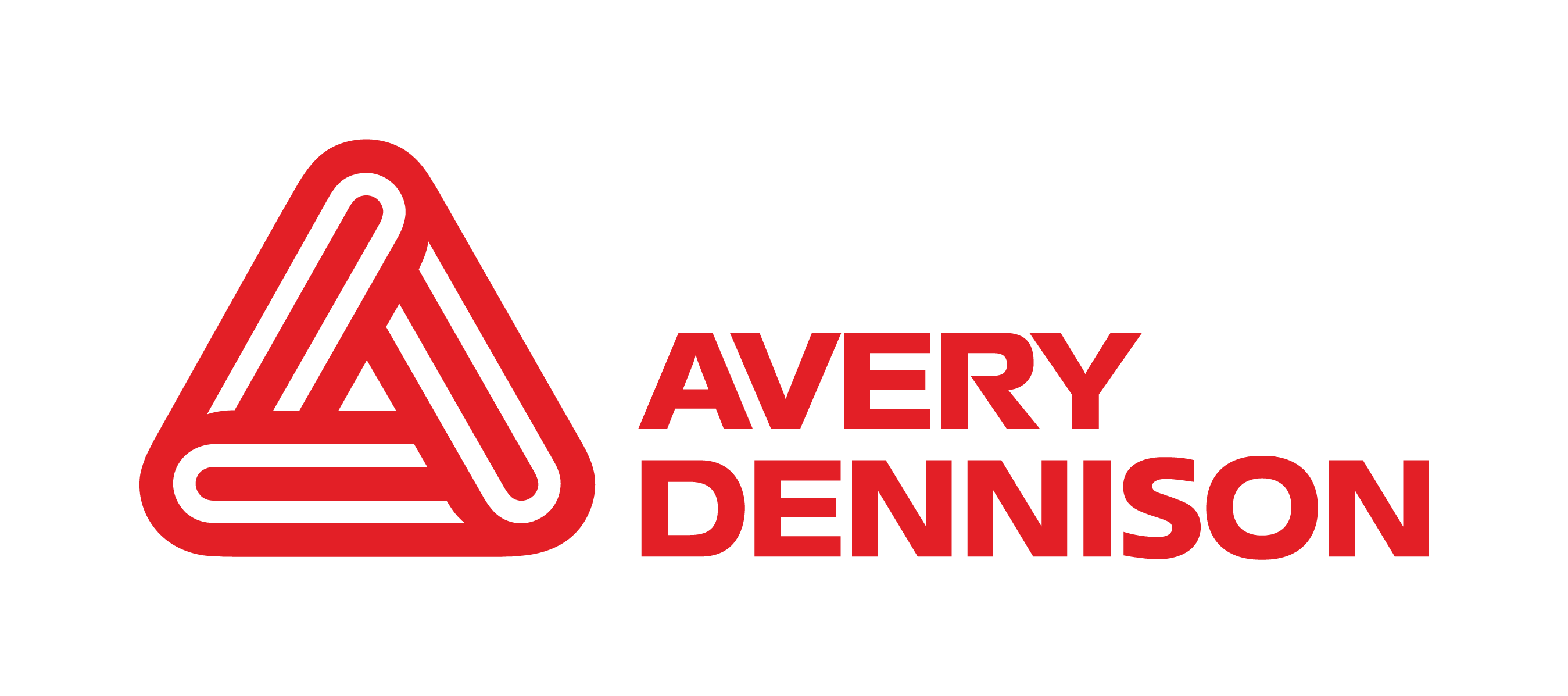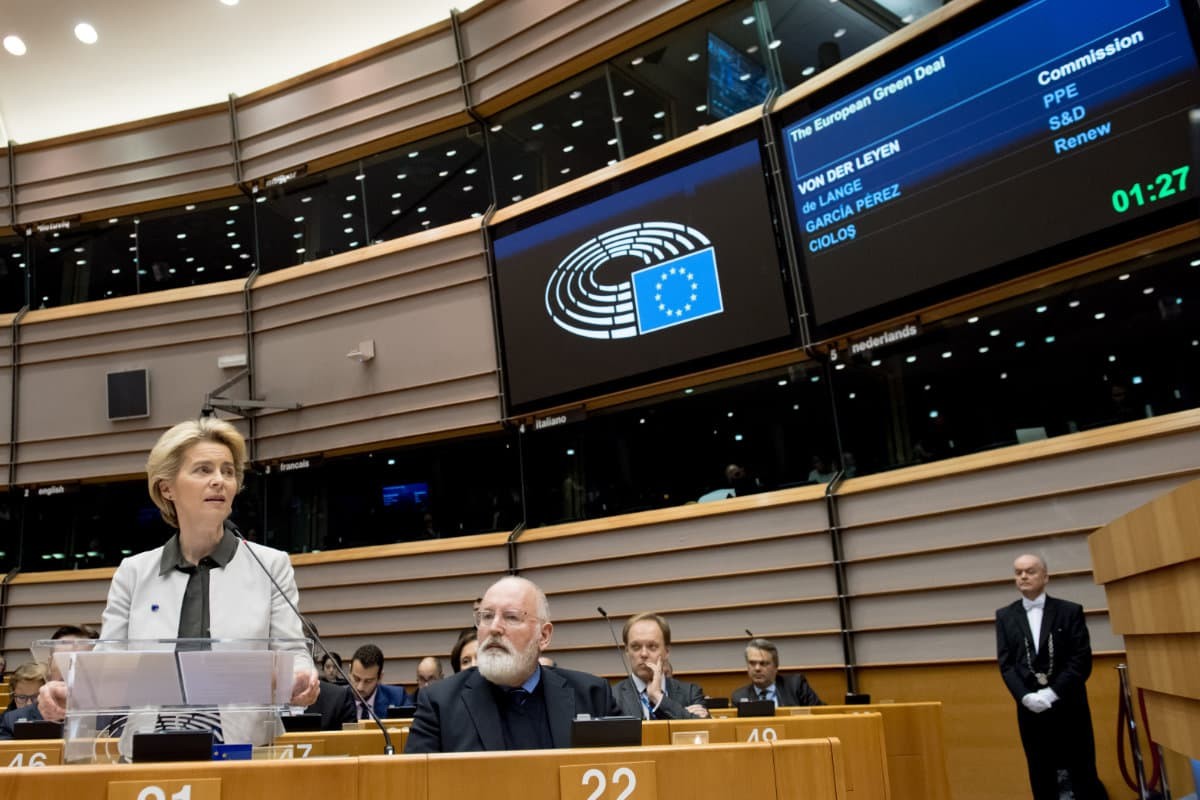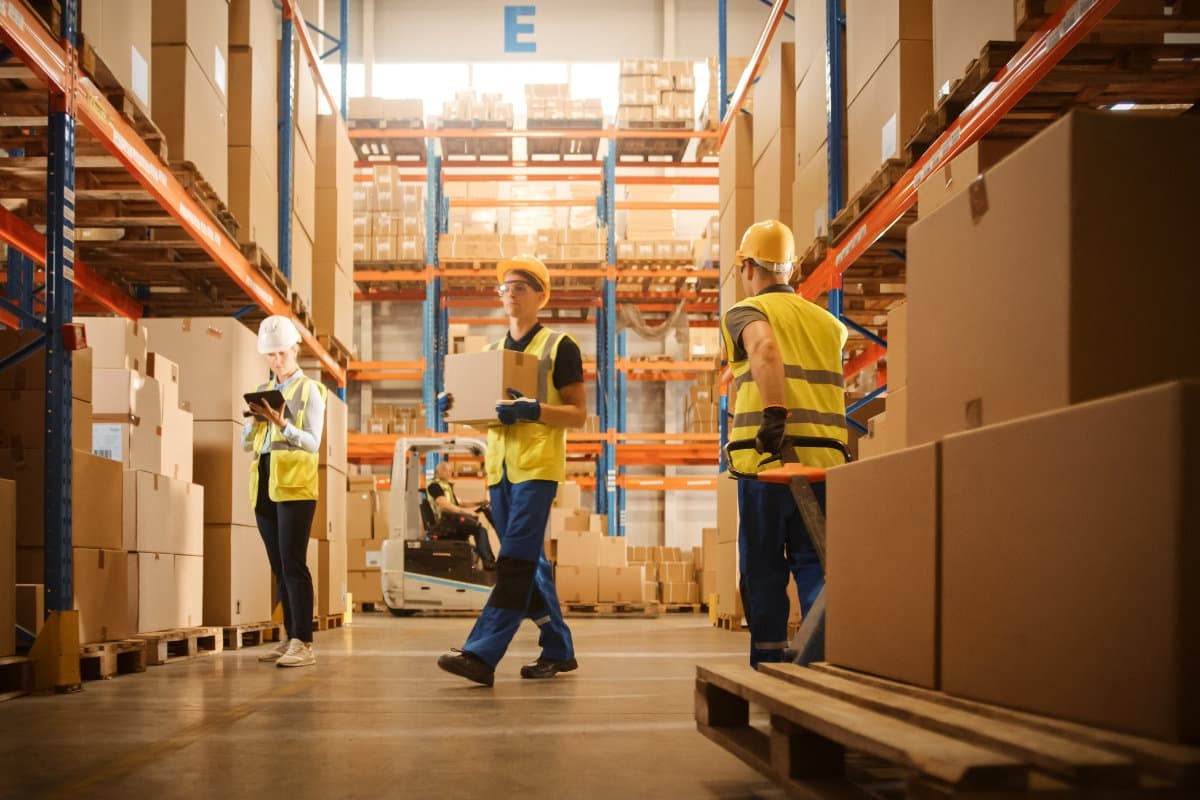Building a circular mattress industry through connected products
Aquinos Group is one of Europe’s largest mattress manufacturers and is the first in its sector to implement the Digital Product Passport through the use of digital ID technology.
As connected products, all mattresses will have a ‘digital twin’, providing every actor across the supply chain with information about the origins and materials used in the product.
This will lead to unprecedented improvements to circularity. RFID tags on mattresses will be scanned at recycling centers to help with the efficient and effective separation of materials so they can be reused. Additionally, consumers will have easy access to detailed product information to make better informed and more sustainable decisions.
(Avery Dennison, Press Release, 2024)




